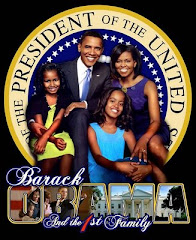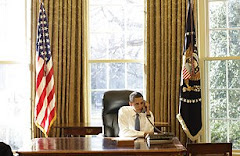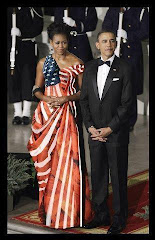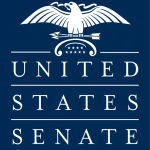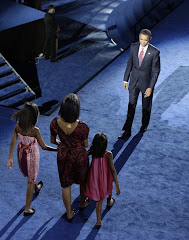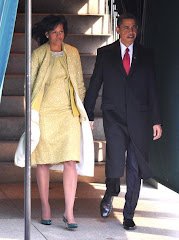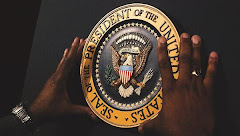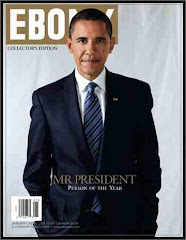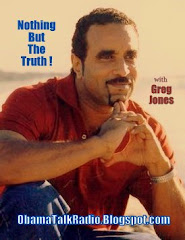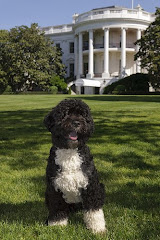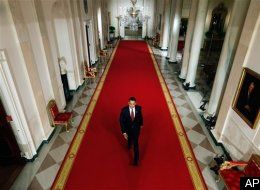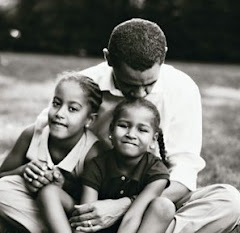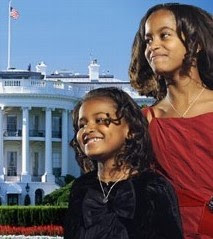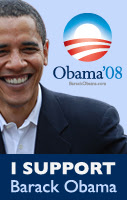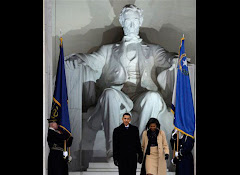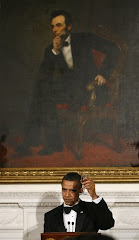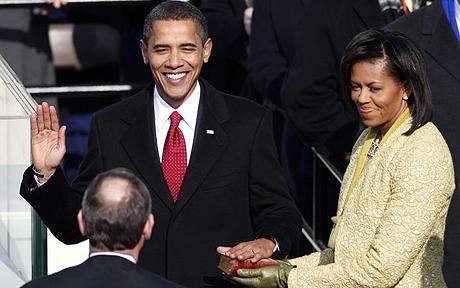
Former Bush Donors Now Giving
To Obama's Campaign
WASHINGTON — Beverly Fanning is among the campaign donors who'll be joining President Bush at a gala at Washington's Ford's Theater Sunday night, but she says that won't dissuade her from her current passion: volunteering for Barack Obama's presidential campaign.
She isn't the only convert. A McClatchy computer analysis, incomplete due to the difficulty matching data from various campaign finance reports, found that hundreds of people who gave at least $200 to Bush's 2004 campaign have donated to Obama.
Among them are Julie Nixon Eisenhower, the daughter of the late GOP President Richard Nixon and wife of late GOP President Dwight Eisenhower's grandson; Connie Ballmer, the wife of Microsoft Chief Executive Officer Steve Ballmer; Ritchie Scaife, the estranged wife of conservative tycoon Richard Mellon Scaife and boxing promoter Don King.
Many of the donors are likely "moderate Republicans or independents who are dissatisfied with the direction of the country now and are looking for change," said Anthony Corrado, a government professor at Colby College in Maine who specializes in campaign finance.
"There is a large block of Republicans, particularly economic conservatives, who just feel that the Republican Party in Washington completely let them down" by failing to control spending and address other problems, Corrado said. "The Republicans have really given these donors no reason to give."
Lawyer Allen Larson of Yarmouthport, Mass., a political independent, contributed $2,000 to Bush's 2004 reelection campaign, but said he gave Obama the maximum $2,300 in hopes he can use his "unique skills" to rebuild fractured foreign alliances.
Larson said he's "not anti-Iraq war," but he said that Bush promised to bring people together when he ran for president and has failed to do so, while Obama has demonstrated in his campaign "that he has the ability to connect in ways that no other candidate can."
While they represent a tiny slice of Bush's 2004 donors, he said, a shift of longtime Republicans committed enough to write checks reflects "a real strain" in the GOP.
Detroit attorney Michael Lavoie, a moderate Republican who backed Bush in 2000 and 2004 with $3,000, said he donated to a Democratic presidential candidate for the first time this year because Obama offers "the greatest hope for healing divisions" at home and abroad.
Calls to more than a dozen of the Bush-turned-Obama backers suggest there are multiple motives for their shifts.
Lavoie, 55, of Birmingham, Mich., said he's been "very disappointed in George Bush's policy with the Iraq war and very disappointed with his economic policies that added $3 trillion to the national debt."
Remembering the horrors of Vietnam, he expressed dismay that "the Republican party engages in the spin, the propaganda, the selling of the war."
Katherine Merck, 84, of Lexington, Mass., preferred not to recall her donations of $2,000 to Bush in 1999 and $2,000 in 2004.
"I just can't get over it that my name is in there for sending money to that miserable president," she said. "I think Obama is something we all need badly, really badly. I think that people need to grow up more and learn how to get on in the world without resorting to killing people. I'm talking about the war in Iraq."
Beverly Fanning said she thinks Bush has been "great," but like several others, she said she was taken with Obama's speech at the 2004 Democratic National Convention and continued to follow him after he won a U.S. Senate seat and declared his presidential candidacy.
"Am I all the way liberal?" Beverly Fanning asked. "I think I'm actually a conservative liberal. . . . It's not that I'm against McCain. It's just that Barack is my choice."
Worried about the loss of manufacturing jobs to Third World countries, she said, she began volunteering early this year for Obama, who says he'd consider amending trade pacts to protect those jobs.
The 48-year-old mother of two has given Obama more than a dozen donations, hitting the maximum $2,300 for the primaries. She's even knocked on the doors of 300 homes in Orangeburg, S.C. and in the affluent Cleveland suburb of Shaker Heights.
Fanning said that her husband Tom, the chief operating officer of the Southern Co., a major electric utility, is a solid Republican who backs McCain for president but gave $1,000 to Obama in February.
She said that Obama has "a lot of white support," but she blanched during a recent visit to her hometown of Bristol, Tenn., when someone told her a racist joke.
"I told him, 'I have been volunteering for Barack Obama for five months,' " she said. "I thought the guy was gonna faint."
Some converts declined to give any hint of their reasons.
"I consider that to be a private matter," said Jeffrey Leiden, a Glencoe, Ill., cardiologist who's a former president of Abbott Laboratories' pharmaceutical products group.
Corrado said he thinks some of the ex-Bush donors have given to Obama to hurt Hillary Clinton — a suspicion confirmed by Henry Corey, 86, of Bronxville, N.Y., a longtime GOP donor.
He said he gave Obama $250 because, "frankly, I wanted to be sure that someone nudged Hillary Clinton aside. I think she'd be a disaster."
Chris Adams and Tish Wells contributed to this article.
McClatchy Newspapers 2008






